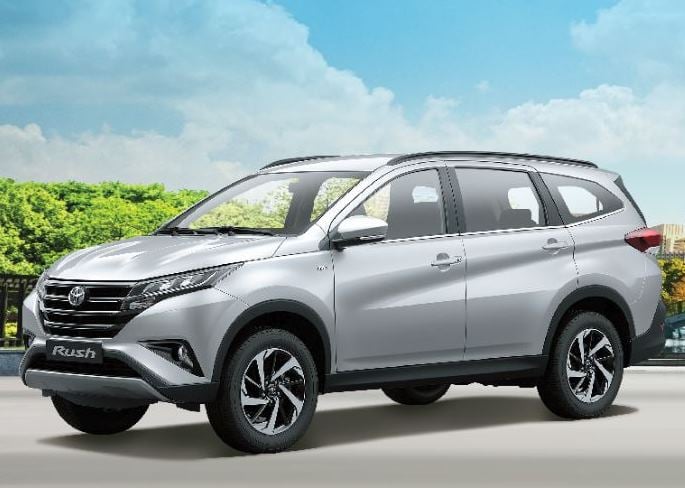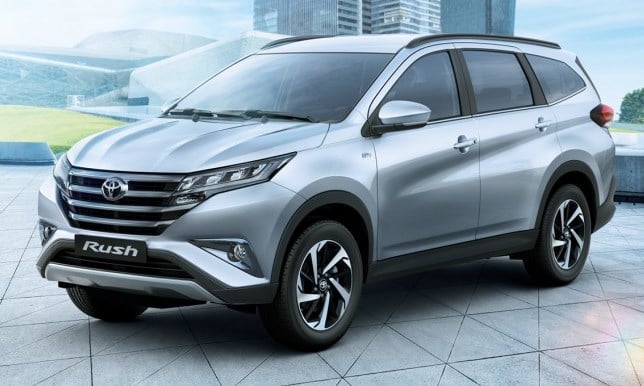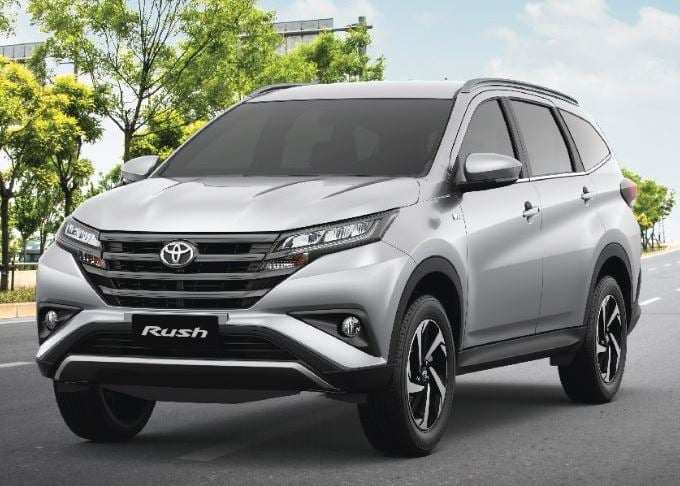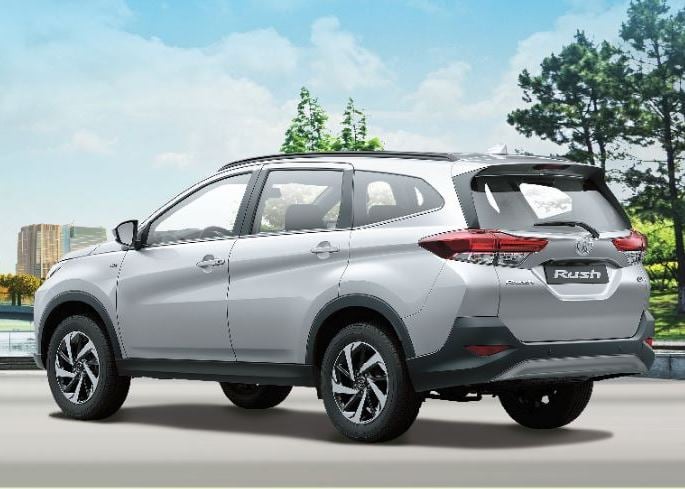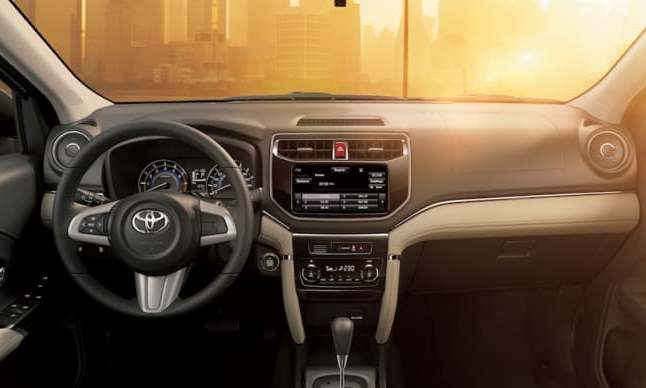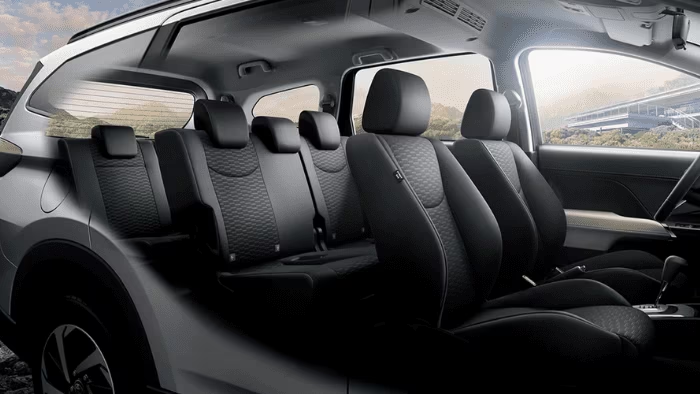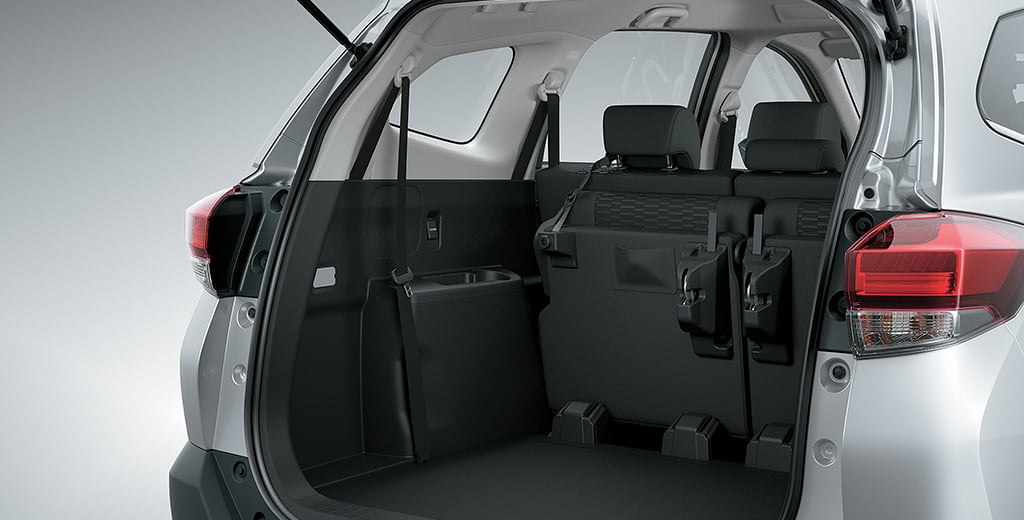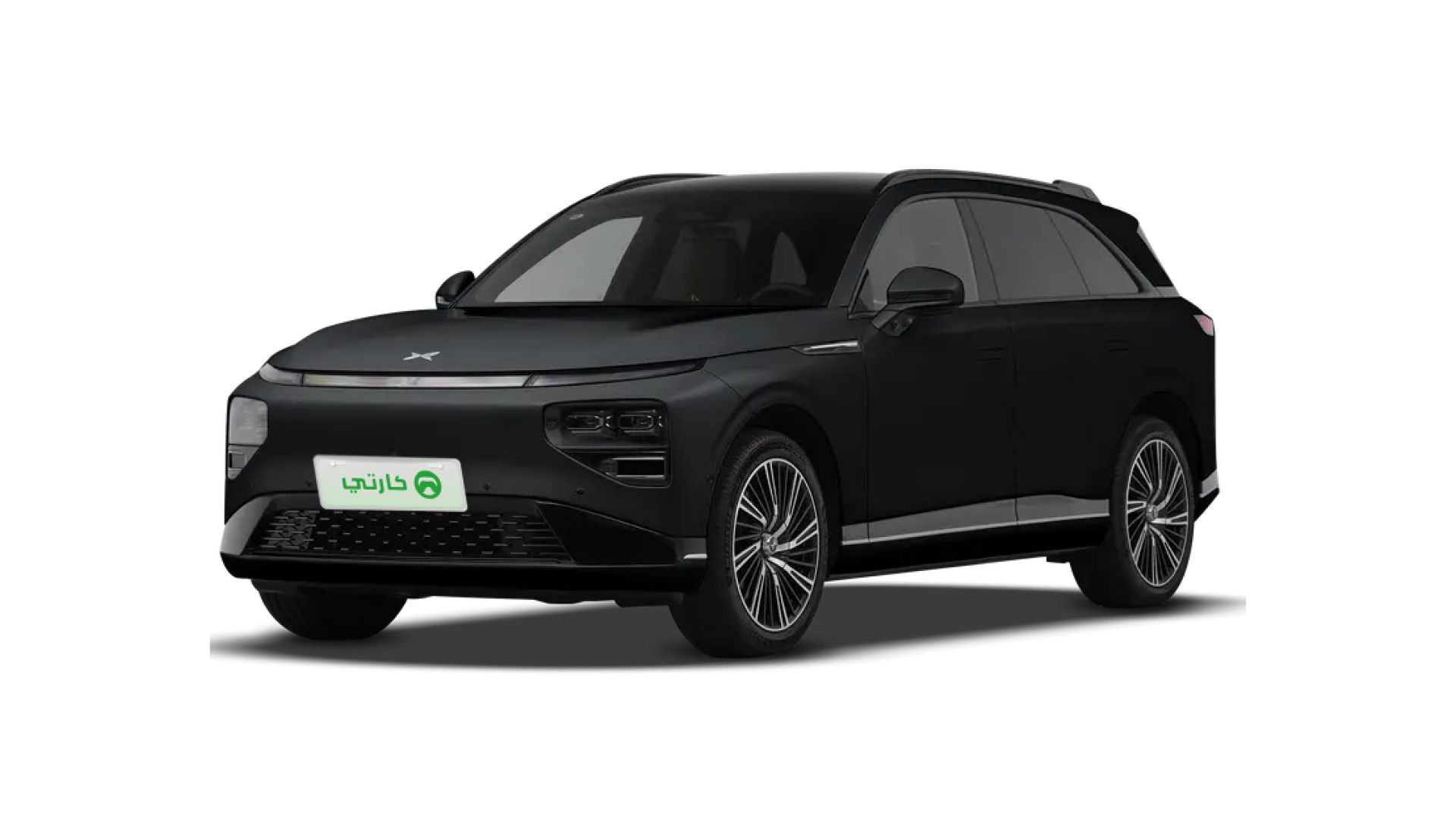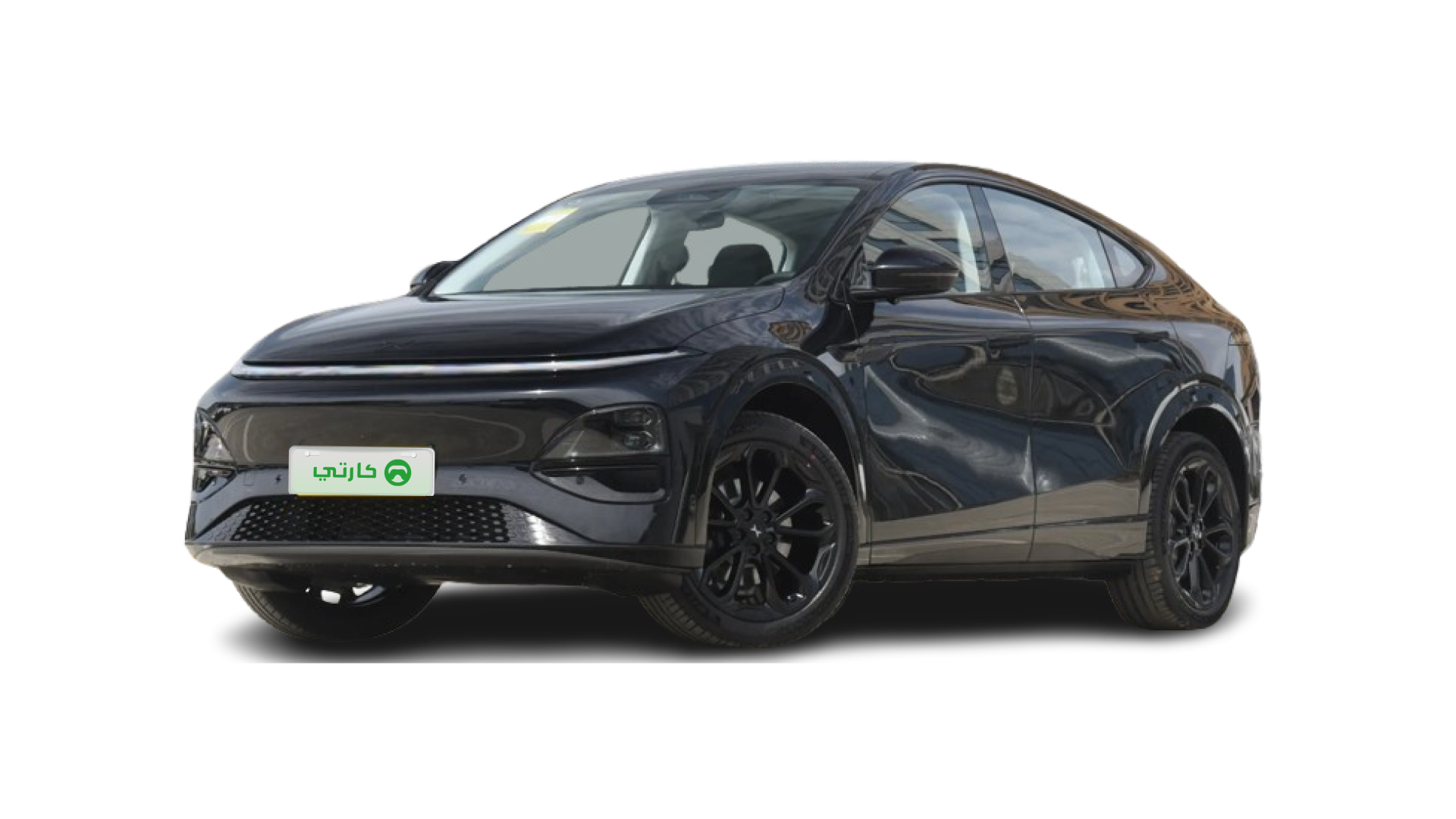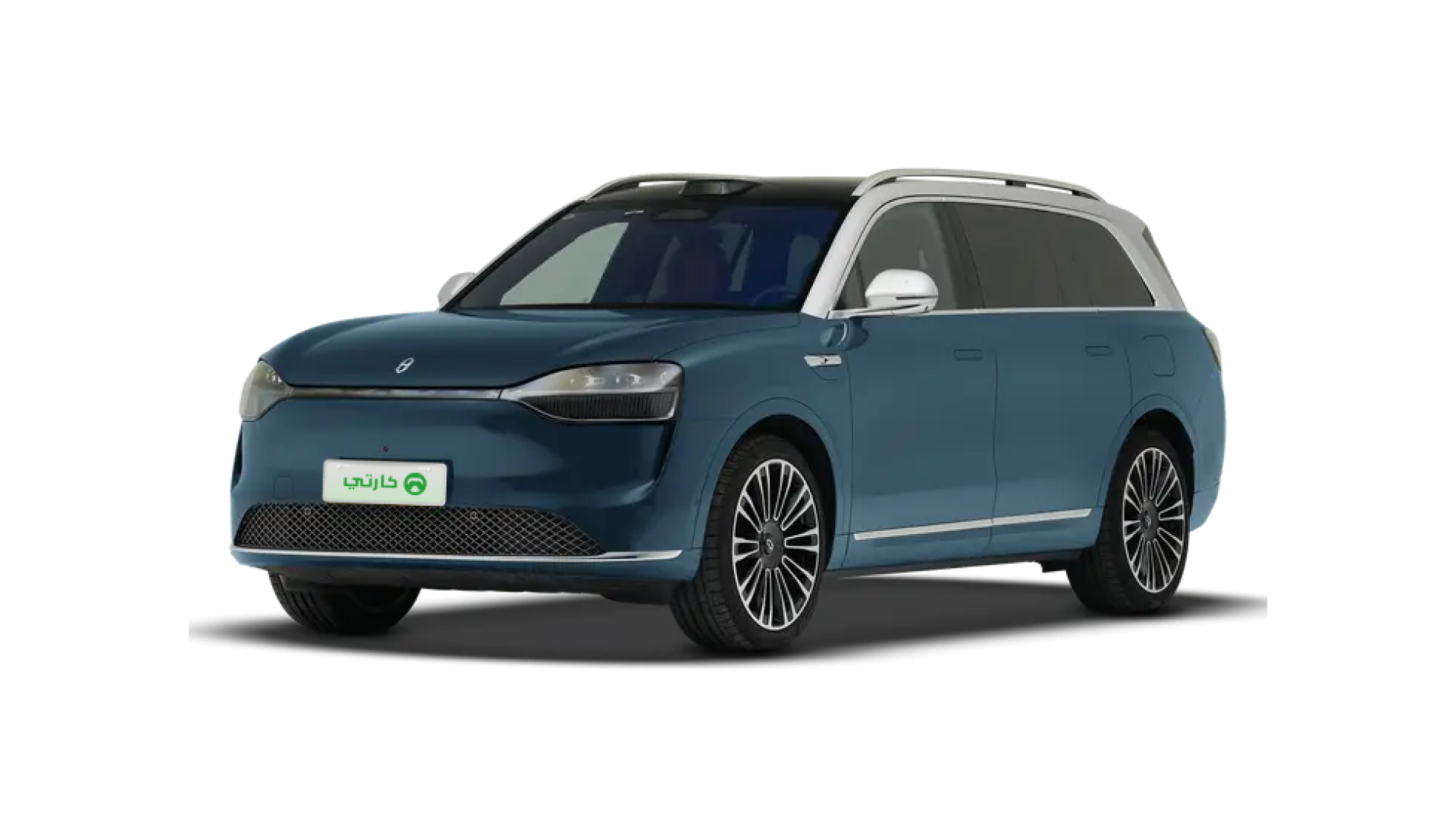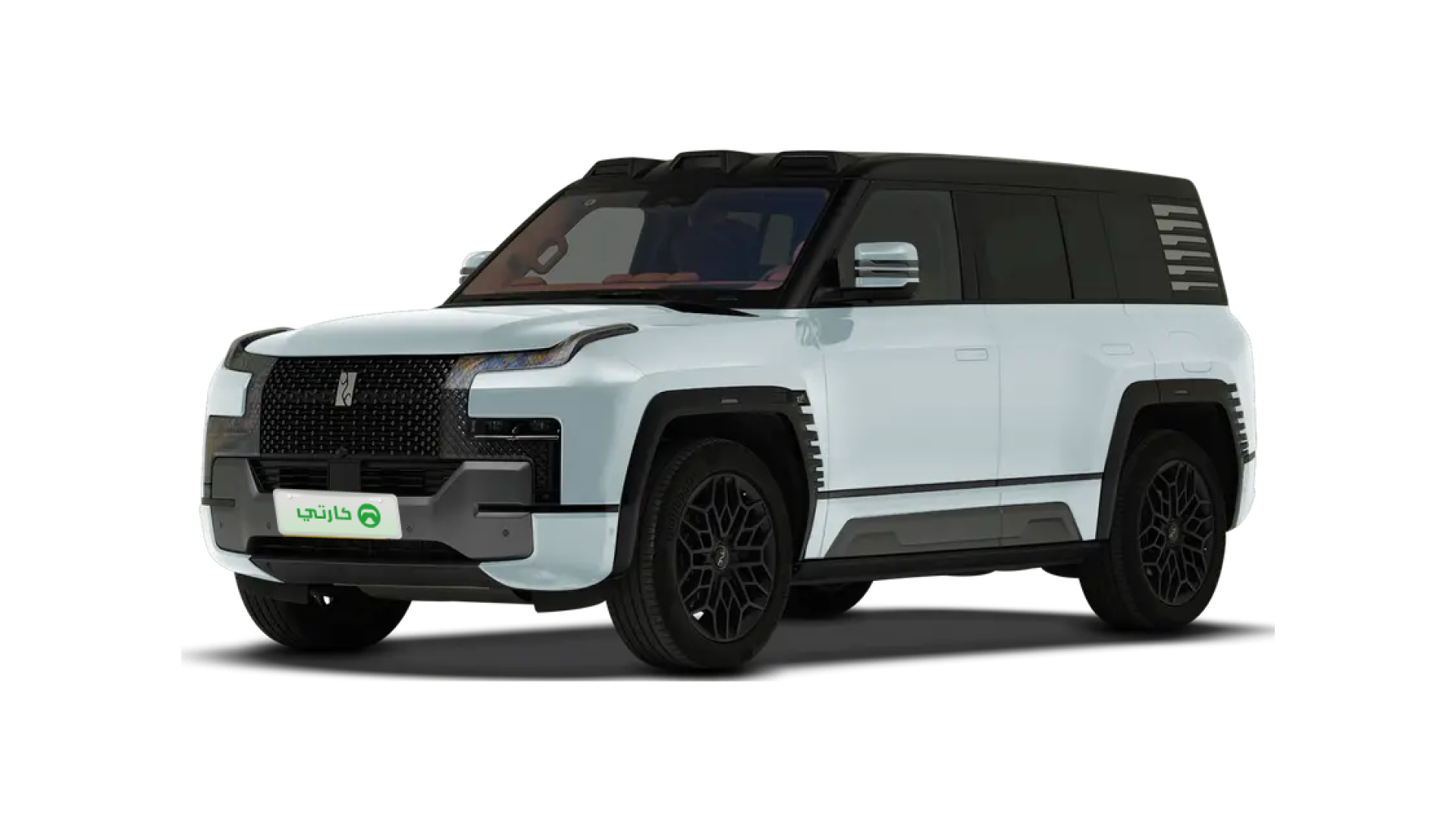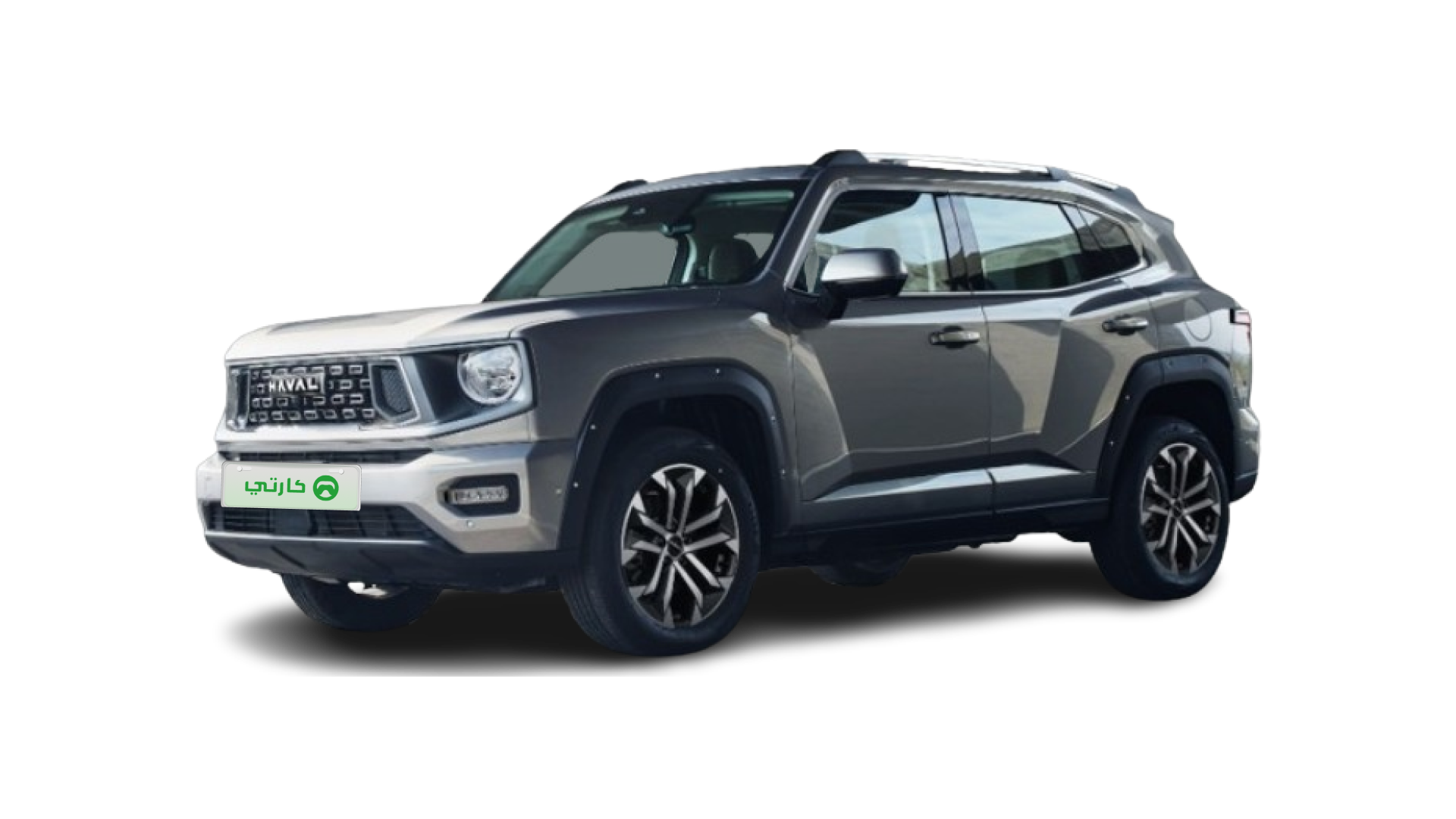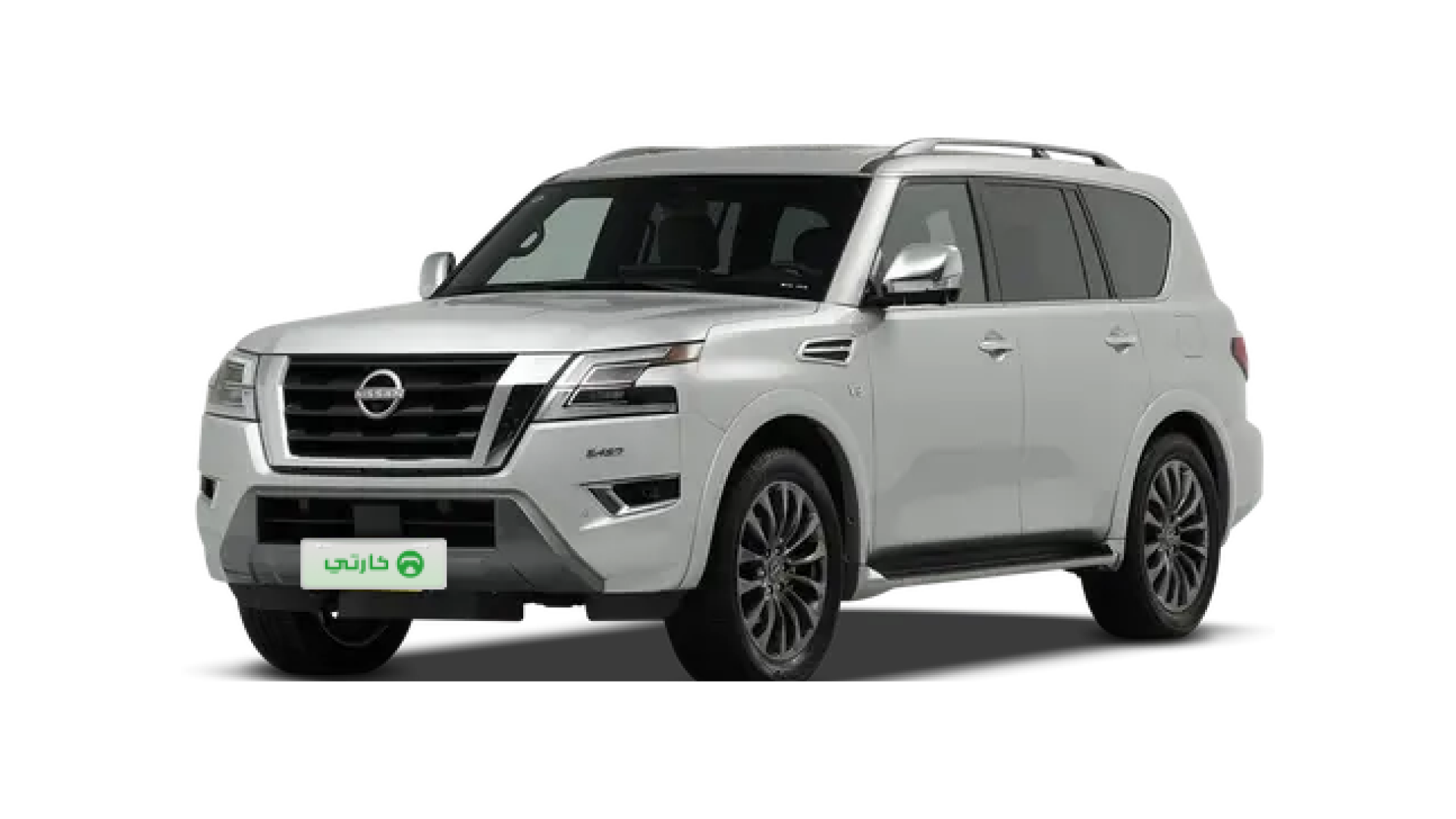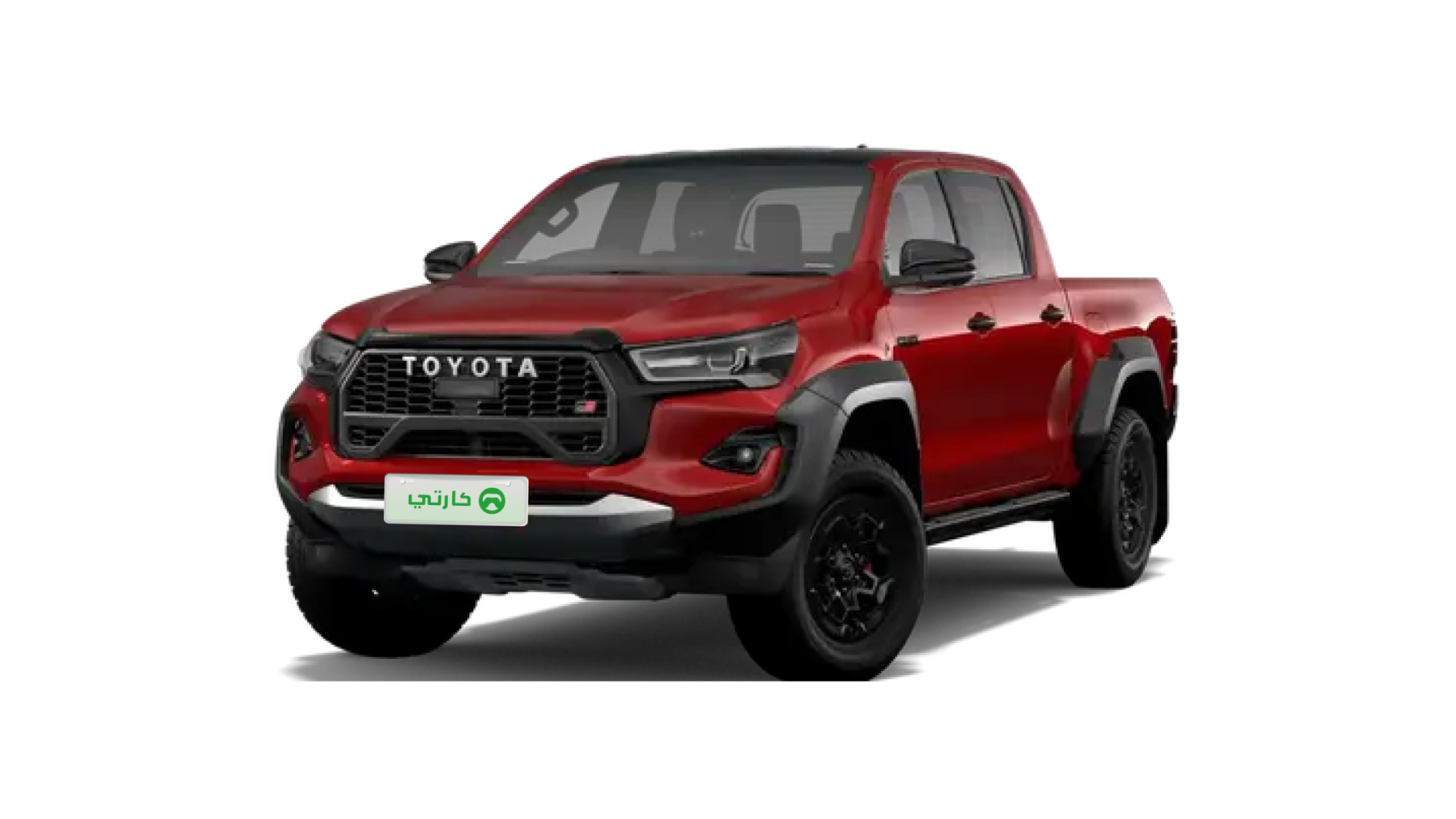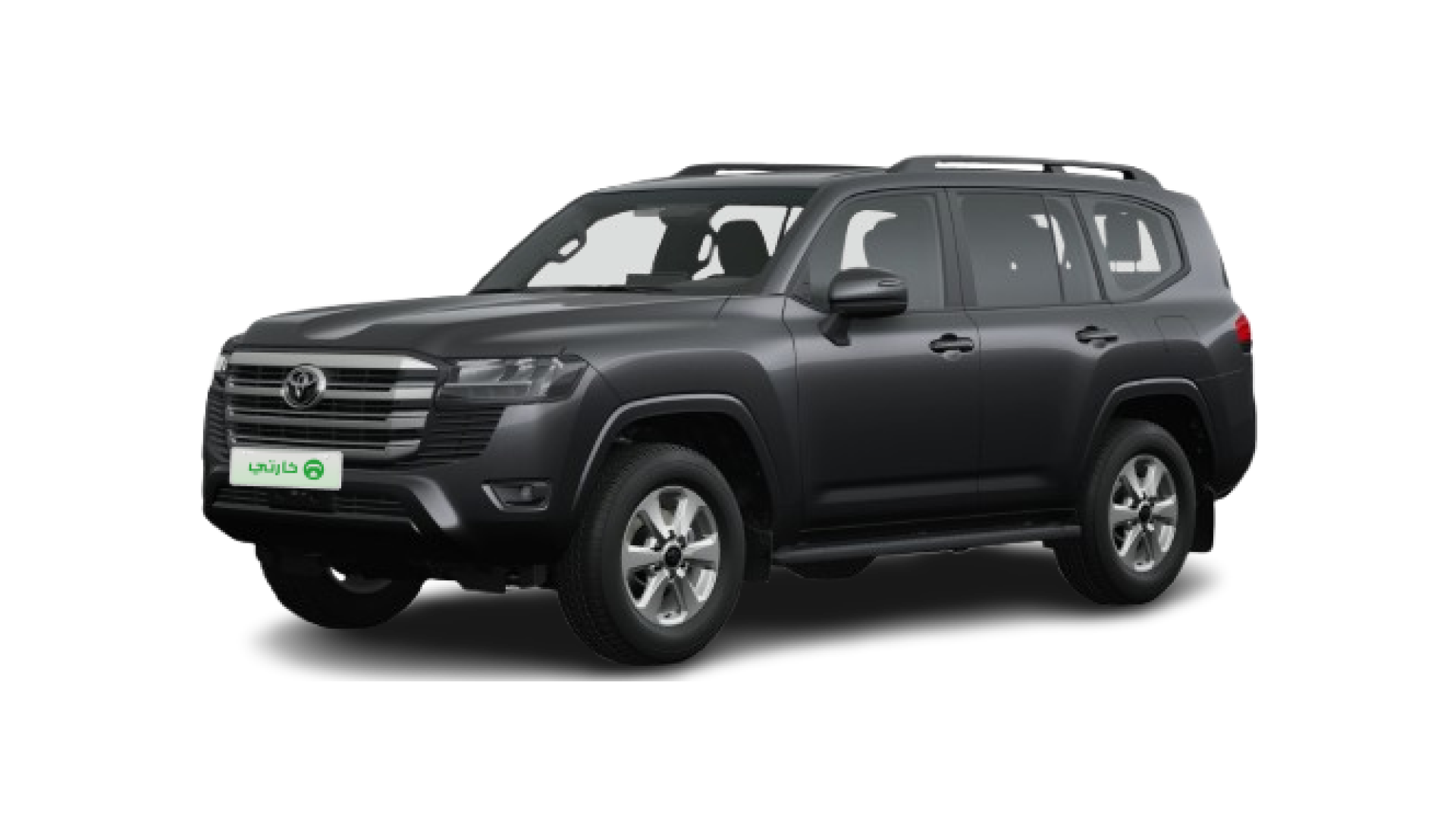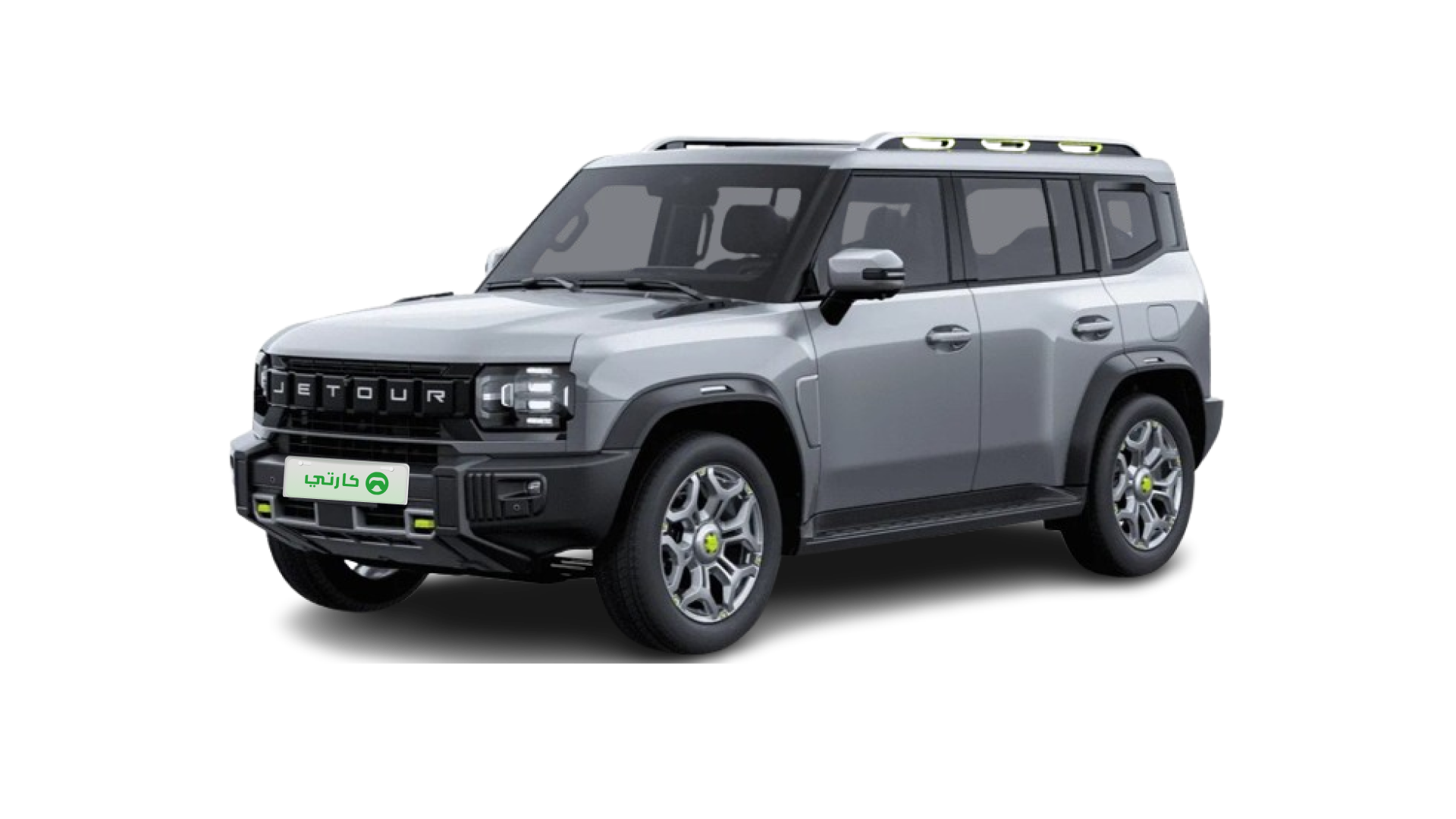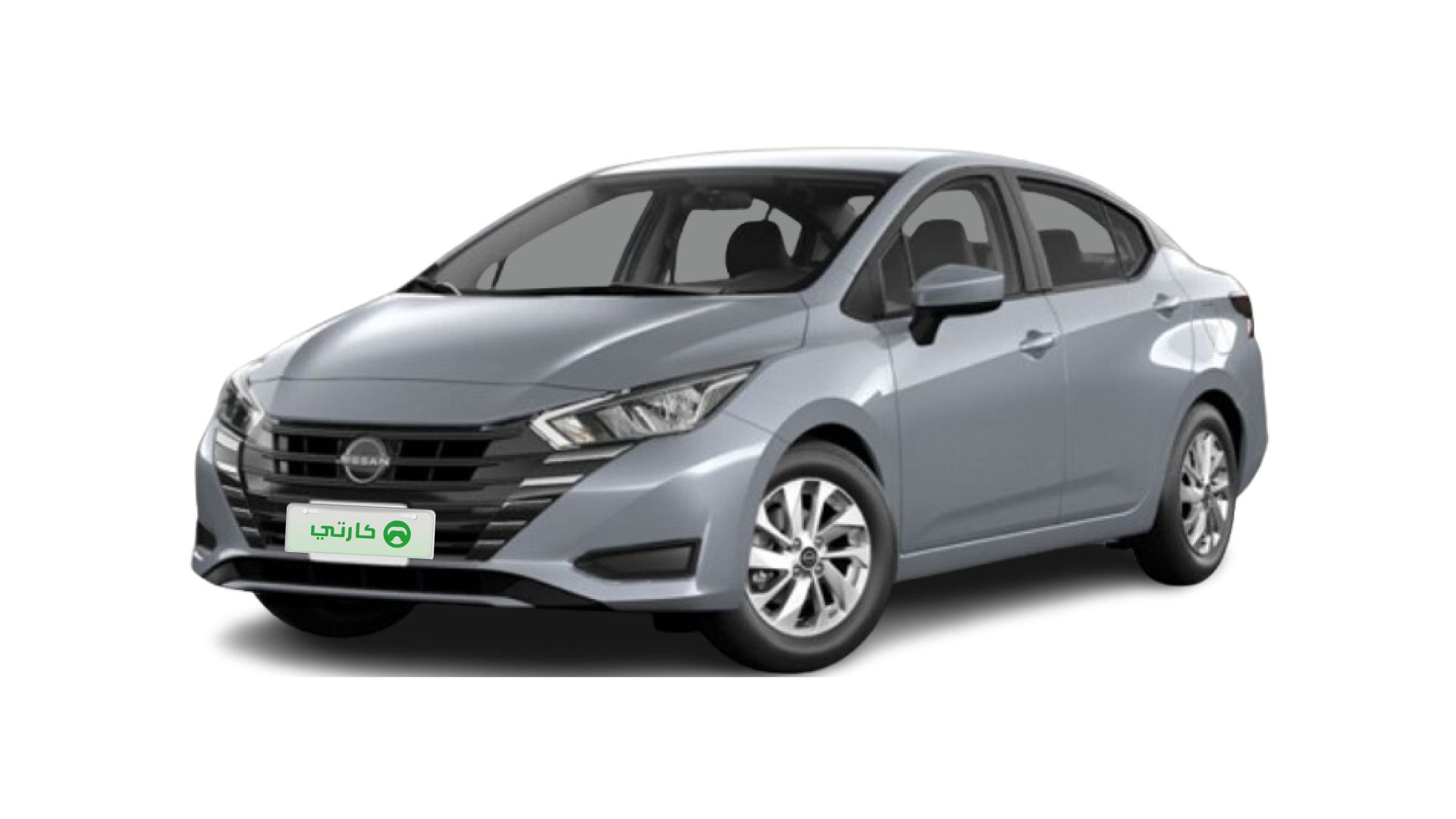Welcome! In this guide, you'll explore essential tips for optimizing Toyota Rush fuel consumption in 2025. If you’re considering a purchase or looking for ways to keep your existing Rush running efficiently, read on for advice tailored for Gulf drivers.
How to Improve Your Toyota Rush's Fuel Efficiency
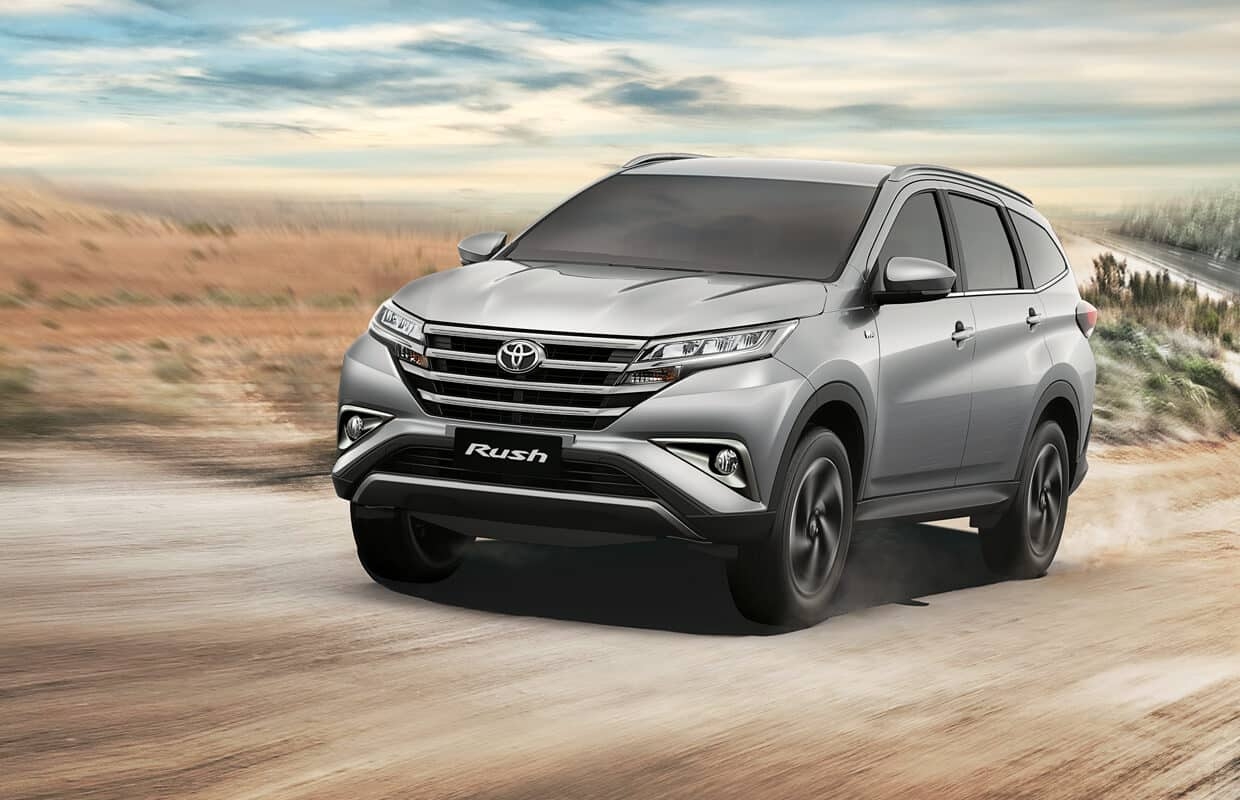
Your daily driving habits can greatly influence how much fuel your Toyota Rush consumes. By adopting simple techniques, you can see noticeable improvements in efficiency.
3 Driving Habits That Save Fuel
Maintaining a steady speed between 80-100 km/h on highways helps the engine run in its optimal range.
Using cruise control on flat stretches ensures minimal fluctuation in speed, reducing unnecessary fuel burn.
Steering clear of rapid acceleration means smoother engine performance and can save you up to 12-15% on fuel consumption!
Essential Maintenance Checklist
Taking care of your vehicle isn’t just about safety—it also plays a vital role in fuel efficiency. Here’s a quick table that outlines routine checks and their potential impact on reducing fuel usage:
Task | Frequency | Impact on Fuel Use |
|---|---|---|
Air filter replacement | Every 15,000 km | Could boost efficiency by 10% |
Tire pressure check | Monthly | Prevents a 3-5% loss in mileage |
Engine oil change | Every 10,000 km | Helps reduce friction losses |
2025 Model Upgrades:Hybrid Version Breakdown
The 2025 Toyota Rush introduces an advanced 1.8L hybrid system that integrates several modern features:
An electric motor that assists during acceleration, reducing strain on the primary engine.
Regenerative braking that recaptures energy, turning it into additional mileage.
An eco-driving mode that automatically adjusts the air conditioning and throttle response to maximize fuel efficiency.
In practice, the hybrid system shows promising improvements. For instance, in simulated tests, city driving yields about 18.2 km/L for the hybrid versus 14.5 km/L from the traditional gasoline model. On highways, the numbers shift to roughly 20.1 km/L against 16.8 km/L, aligning with GCC-certified data.
Real-World Fuel Use Patterns in Urban Conditions
Local drivers in places like Dubai have observed variable fuel consumption depending on conditions. Here’s what many have experienced:
With air conditioning running at full power in the sultry summers, drivers report fuel efficiency between 13.8 and 15.2 km/L.
Activating eco-friendly AC settings during cooler months can boost performance, reaching between 15.4 and 17.1 km/L.
Some have even noted a 19% improvement when using synthetic lubricants, which speaks to the benefits of smart maintenance.
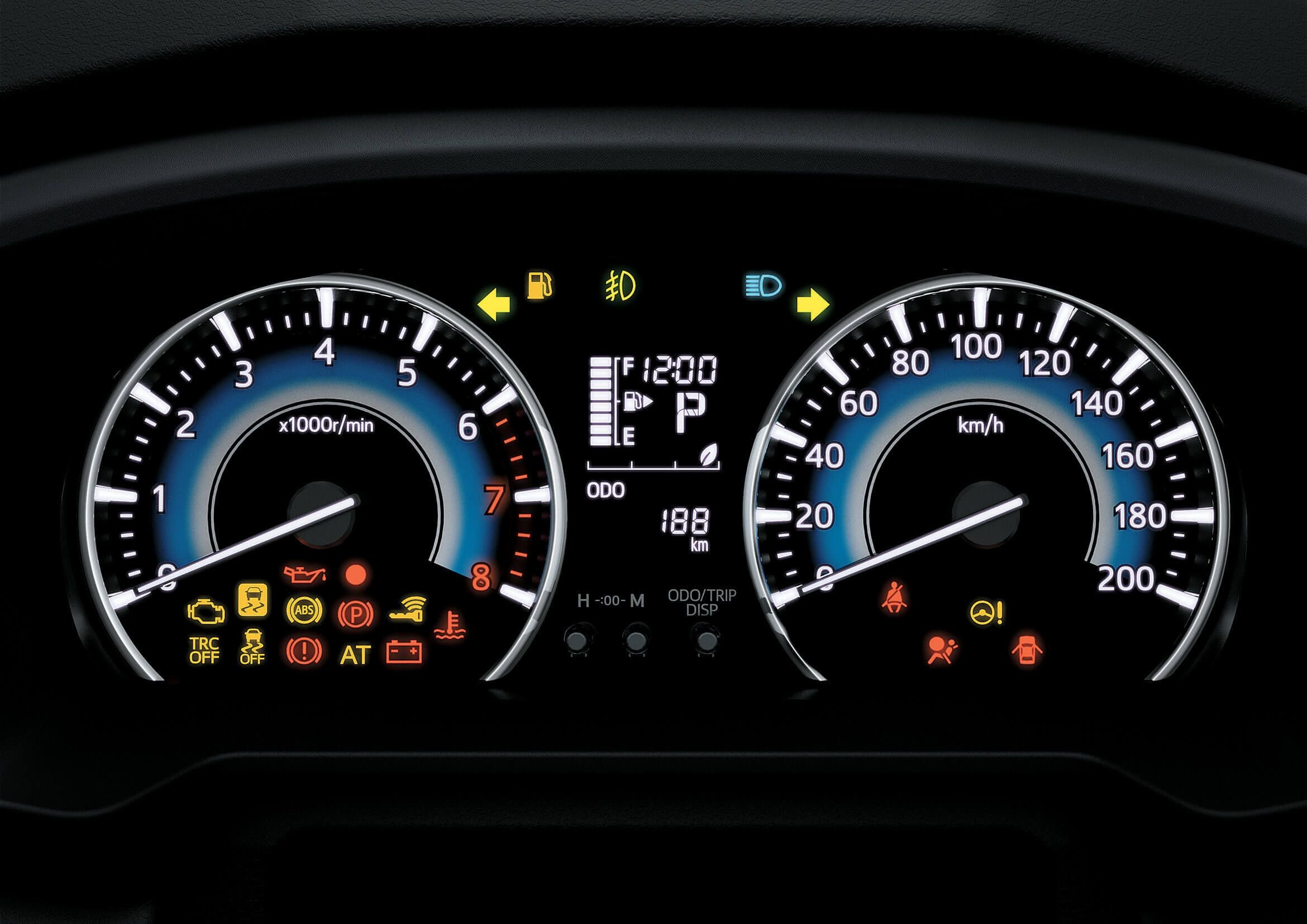
Long-Term Fuel Saving Strategies
Sustainable fuel management goes beyond daily habits. Consider these practical tips:
Weight Management Tips
Remove unnecessary accessories like roof racks when they are not in use.
Keep trunk loads light; aim to limit extra weight to around 50kg.
Opt for lighter alloy wheels that reduce the overall load on your engine.
Route Planning Essentials
Consider planning your journeys to avoid heavy traffic areas such as the Sheikh Zayed Road during peak hours.
Use alternative roads like Al Khail Road to keep the stops and starts to a minimum.
Group your errands together so you reduce the number of cold starts, which often consume more fuel.
Fuel System Maintenance Schedule
Keep your fuel system in top shape by following a routine check-up plan. Here’s a simple 2-year maintenance schedule:
Quarter 1:Fuel injector cleaning Quarter 2:Spark plug inspection Quarter 3:Exhaust system check Quarter 4:Full system diagnostic
When you combine thoughtful driving with Toyota's 2025 hybrid technology, you can achieve up to 22% better fuel economy compared to last year's gasoline models. This approach not only saves money but also promotes a more responsible driving style.
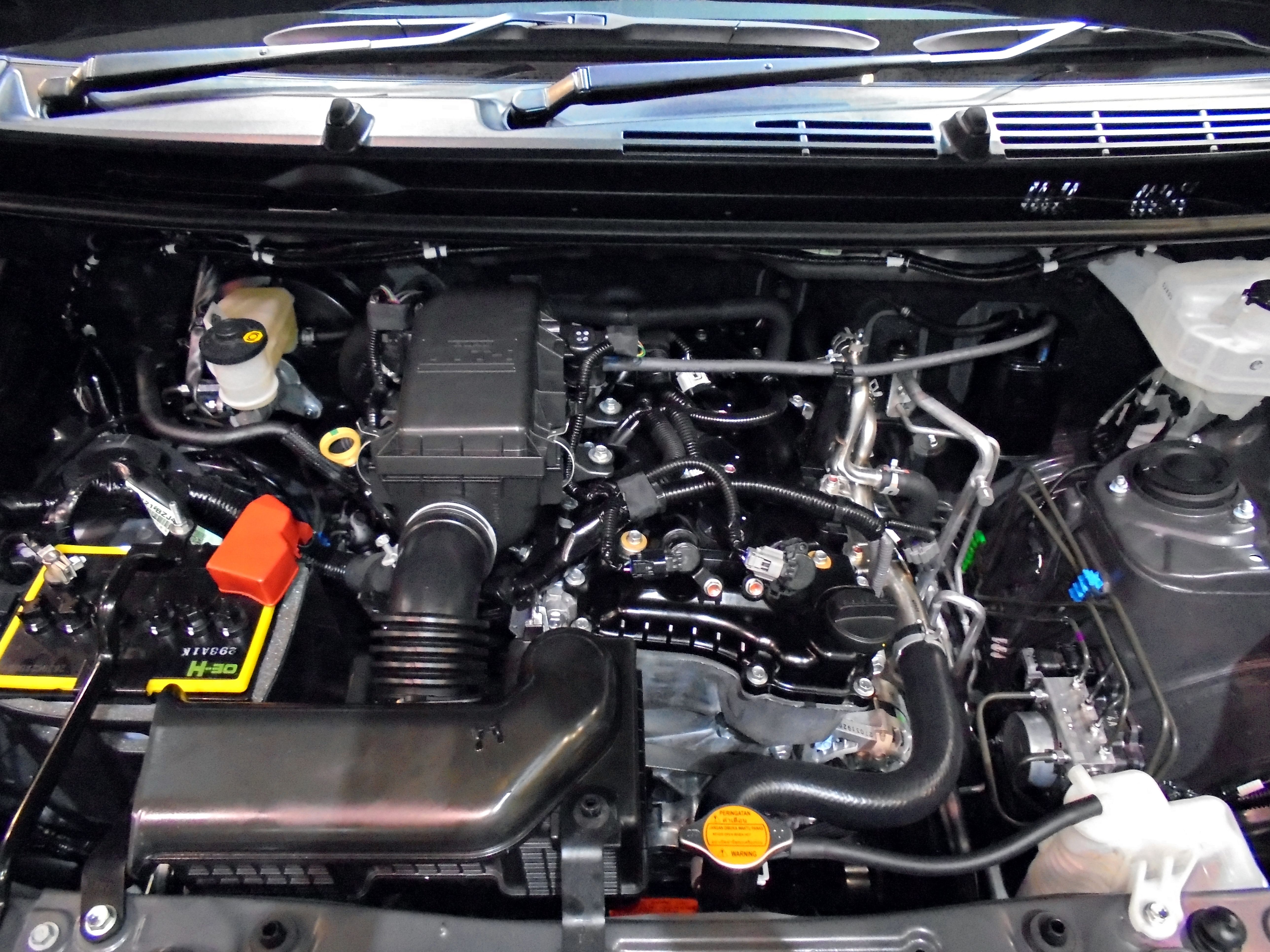
FAQ
How can I effectively reduce my Toyota Rush fuel consumption in urban settings?
Urban driving often comes with stop-and-go conditions. You can reduce fuel consumption by maintaining a steady speed, using cruise control, and avoiding harsh acceleration. Checking your tire pressure monthly and ensuring timely air filter replacements are simple yet impactful measures. These adjustments are especially important in high-temperature climates where efficiency can drop significantly.
Are the 2025 hybrid models really more suited for the Gulf driving conditions?
Hybrids tend to perform better in stop-and-go city situations, which is common in Gulf urban centers. The blend of electric assistance and gasoline power helps achieve higher mileage, particularly in frequent traffic stops. Moreover, features like regenerative braking help in recharging the battery, which can be beneficial in extreme temperatures. Many drivers have observed improved efficiency on both city streets and highways.
What maintenance tips can further optimize Toyota Rush fuel efficiency?
Regular maintenance is essential for efficiency. Beyond the standard oil changes, keeping your air filter and spark plugs in check can lead to improved performance. Monitoring tire pressure and even managing the extra weight in your car also plays a significant role. In climates like those in the Gulf region, staying proactive with maintenance can prevent unexpected decreases in fuel economy.
How often should I inspect critical vehicle components to ensure optimal fuel consumption?
A proactive inspection routine can make a big difference. Air filters should be replaced roughly every 15,000 km, and your tire pressure should be checked every month. Spark plugs and oil changes are typically needed around every 10,000 km. Adopting a seasonal approach and aligning with GCC-certified recommendations will help maintain peak performance.
Is it necessary to adjust driving habits to match the advanced hybrid features of the 2025 Toyota Rush?
Absolutely! The hybrid system in the 2025 model is designed to respond better to efficient driving styles. Gentle acceleration and maintaining steady speeds allow the hybrid components to function optimally. Additionally, using the eco-driving mode can automatically optimize internal systems like air conditioning. Tailoring your driving habits to the car’s technology can lead to significant fuel savings.
This article is for reference only, please refer to local laws and regulations.
Read More:
What Is Suspension in Car? 2025’s Essential Guide for Smooth Rides
How to Register a Car in Dubai:2025's Complete Step-by-Step Guide
UAE Buyers Guide:Is Renault Duster a Good Car for Desert Driving?
7 pics

Senior Writer The quest for automotive knowledge began as soon as the earliest memories. Various sources information, even questionable ones, have been explored including video games, television, magazines, or even internet forums. Still stuck in that rabbit hole.
